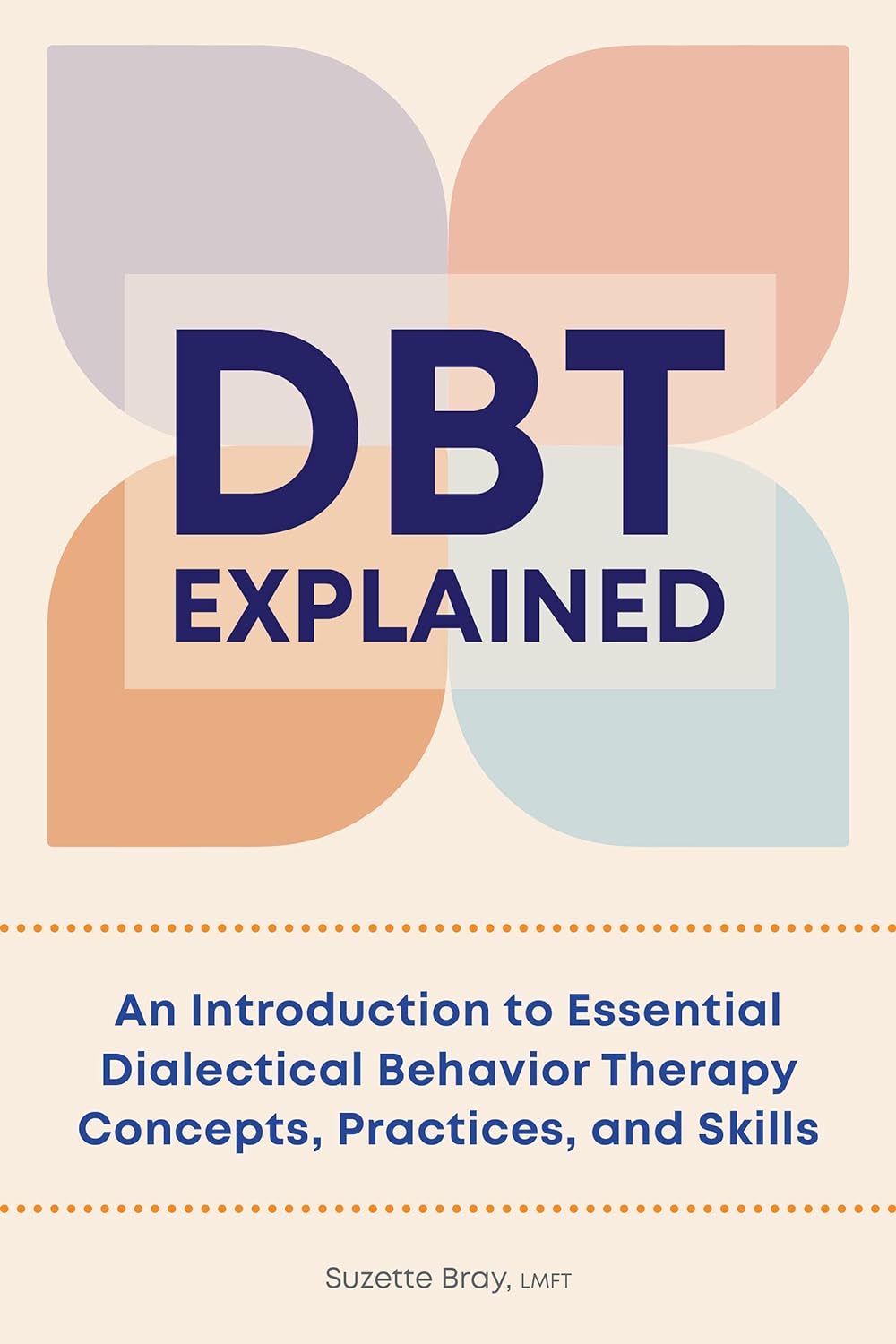Changing Lives: DBT London's Holistic Technique to Recovery
Wiki Article
Using the Power of Dialectical Behavior Therapy (DBT) Solutions for Lasting Psychological Balance and Improved Relationships
In a globe where psychological health and keeping healthy connections are important components of a fulfilling life, the usage of Dialectical Behaviour Therapy (DBT) solutions has emerged as a sign of hope for many individuals. The evidence-based and organized strategy of DBT offers a pathway towards lasting emotional balance and boosted interactions with others.Comprehending the Core Principles of DBT
Dialectical Habits Therapy (DBT) is established upon a set of core concepts that underpin its therapeutic technique to promoting emotional balance and emotional wellness. Mindfulness is an additional core principle of DBT, focusing on being fully existing in the minute without judgment.Validation is likewise important to DBT, stressing the importance of acknowledging and accepting one's experiences and emotions as valid. By integrating these core principles into therapy, DBT uses a reliable and thorough strategy to advertising psychological health and emotional durability.
Creating Psychological Policy Abilities
Psychological guideline skills are crucial parts of Dialectical Habits Treatment (DBT) that enable individuals to efficiently handle their emotions and browse challenging situations with resilience. These abilities include the capacity to determine and understand one's feelings, tolerate distress, regulate extreme feelings, and act based on individual values also when faced with psychological chaos. Developing psychological policy abilities includes learning mindfulness strategies to stay existing in the moment, recognizing the triggers that cause emotional dysregulation, and carrying out coping techniques to regulate emotional feedbacks.

With DBT solutions, individuals can cultivate a much deeper recognition of their emotions, acknowledge patterns of actions that contribute to emotional distress, and get practical tools to control their sensations constructively. By honing these skills, people can boost their emotional intelligence, enhance impulse control, and foster much healthier partnerships. Ultimately, grasping psychological law results in higher psychological security, raised confidence, and an increased ability to browse life's challenges with composure and adaptability.
Enhancing Interpersonal Efficiency

One secret part of boosting interpersonal effectiveness in DBT is discovering to identify and take care of feelings in social interactions (DBT London). By enhancing emotional understanding, people can react to others in a more empathetic and understanding method. Furthermore, DBT highlights the value of exercising mindfulness in social partnerships, encouraging individuals to be present in their interactions and find more information fully engage with others

Practicing Mindfulness Techniques
Creating a constant mindfulness method is important for people going through Dialectical Behavior modification (DBT) to grow psychological law and improve their interpersonal efficiency. Mindfulness techniques, a core element of DBT, include focusing on the here and now minute without judgment. With mindfulness, individuals can come to be much more knowledgeable about their ideas, emotions, and physical sensations, permitting them to reply to scenarios with higher clarity and control.
One more essential element of practicing mindfulness in DBT is the idea of radical acceptance. Radical acceptance includes fully embracing reality as it is, even when it is excruciating or hard. By approving today minute without judgment, individuals can decrease their suffering and include positive change.
Using DBT Strategies in Daily Life
Structure upon the foundation of mindfulness techniques such as meditation and extreme approval, individuals can integrate DBT approaches right into their everyday lives to promote emotional equilibrium and improve their interpersonal skills. One reliable DBT method is using dialectics, which motivates individuals to locate the happy medium between two opposing ideas or emotions. By exercising dialectics in daily interactions, individuals can learn to confirm their own sensations while also taking into consideration the perspectives of others. Another vital DBT ability for everyday life is distress tolerance, which involves learning just how to cope with intense feelings without this considering unsafe habits. This can be achieved with techniques such as self-soothing tasks, interruption strategies, or enhancing the minute. Furthermore, social efficiency abilities instructed in DBT can aid individuals connect their requirements assertively, set limits, and maintain healthy partnerships. By regularly using these DBT strategies in life, individuals can experience sustainable psychological balance and enhance their total well-being.Final Thought
To conclude, harnessing the power of Dialectical Behaviour Therapy (DBT) solutions can lead to sustainable emotional balance and enhanced connections. DBT London. By recognizing the core principles of DBT, establishing psychological guideline skills, enhancing social efficiency, practicing mindfulness techniques, and using DBT techniques use this link in day-to-day live, people can experience significant improvements in their overall well-being and relationships. The holistic strategy of DBT supplies beneficial devices and strategies for handling emotions and building healthier links with othersPsychological guideline skills are necessary elements of Dialectical Behavior Therapy (DBT) that make it possible for people to successfully manage their emotions and browse difficult circumstances with resilience.Via DBT solutions, individuals can cultivate a much deeper understanding of their emotions, identify patterns of habits that contribute to psychological distress, and obtain useful tools to manage their feelings constructively.Developing a regular mindfulness method is important for people going through Dialectical Behavior Treatment (DBT) to cultivate psychological guideline and enhance their social efficiency.Structure upon the foundation of mindfulness techniques such as meditation and radical approval, people can incorporate DBT strategies into their day-to-day lives to foster psychological balance and boost their interpersonal abilities. By understanding the core concepts of DBT, developing psychological regulation abilities, enhancing social performance, practicing mindfulness strategies, and applying DBT methods in daily life, people can experience significant enhancements in their total wellness and partnerships.
Report this wiki page